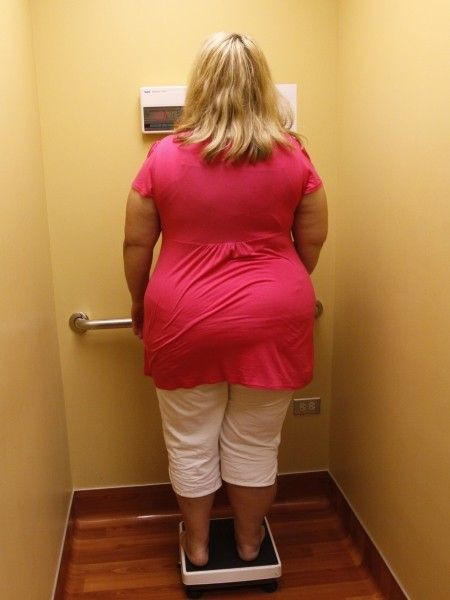Weight Loss and Diabetes: Surgery May Be Better Treatment For Both

Weight-loss surgery could help cure diabetes in obese patients better than traditional treatments, according to two new studies. Independent research groups found that patients who underwent stomach-shrinking surgeries put diabetes into remission, and enabled patients to stop taking medications.
Obesity is one risk factor for Type 2 diabetes, that results in high blood sugar levels since the body cannot produce enough insulin hormone. Traditionally, doctors treat Type 2 diabetes with medications and insulin injections, but the current research suggests surgery may be a better treatment..
When you compare surgery against standard treatment, surgery performs far better in terms of the improvement that you can get in terms of diabetes, Dr. Francesco Rubino, coauthor of one of the studies and director of the Metabolic and Diabetes Surgery Center at New York-Presbyterian Hospital, told HealthDay. Surgery dramatically reduces blood sugar levels, and very often surgical patients can stop taking the medications used for diabetes.
One in 12 Americans, 25 million, have diabetes according to the Centers for Disease Control and Prevention. If left untreated, diabetes can lead to kidney failure, blindness, heart disease and nerve damage. The disease was the seventh leading cause of death in the U.S. and cost $174 billion in medical costs, disability and loss of work in 2007, the last year with available data.
Obesity affects even more U.S. residents. Over 35 percent of U.S. adults over the age of 20 are obese, and since 1985, the percentage of obese people has increased steadily. In 1985, no state had an obesity rate above 14 percent whereas by 2010, no state had an obesity rate under 20 percent, according to CDC data.
Rubino tracked 60 obese patients over two years. Twenty received standard treatment while the remaining 40 underwent one of two weight-loss surgeries. At the end of the study, all surgery patients went into diabetes remission while none of the control group did.
Surgery patients received either a Roux-en-Y gastric bypass, in which doctors shape the stomach to look like a banana and reduce the amount of food it can hold by 80 percent, or a biliopancreatic diversion, in which doctors remove part of the stomach to reduce its capacity. Both procedures relocate the stomach so food bypasses the small intestine, which limits the amount of calories that are absorbed.
Bariatric (stomach) surgery should not be considered just weight loss surgery but a means to treat diabetes and metabolic disease, Rubino told ABC News.
Bariatric surgery also comes with risks. Since food bypasses much of the lower intestine, nutrient absorption is limited, putting patients at risk of malnourishment.
The other study had similar findings. Among 150 obese patients with Type 2 diabetes, researchers found that patients who underwent weight-loss surgery were not only able to stop taking their medication, but also had lower cholesterol levels and lower blood pressure.
We don't know what is going to happen five or 10 years down the road. But from a one-year perspective, their diabetes is gone, Dr. Steven Nissen, study coauthor and cardiologist with the Cleveland Clinic, told the Los Angeles Times. For a disease that is ravaging this country, to have their blood sugar normalized is astonishing.
Both studies admitted to having several limitations, such as a small sample size or short duration, and both said more work needs to be done to determine if this approach is cost effective. Bariatric surgery can cost anywhere from $10,000 to $43,000 according to the Los Angeles Times. However, diabetes patients spend almost $12,000 per year on health care, $7,000 of which is directly attributed to diabetes management, according to a 2007 study by the American Diabetes Association
The New England Journal of Medicine published both studies on Monday.
© Copyright IBTimes 2024. All rights reserved.





















